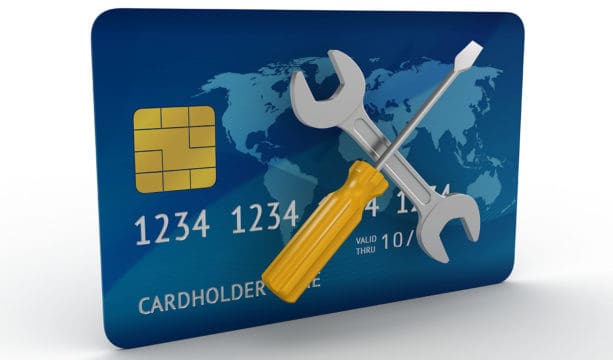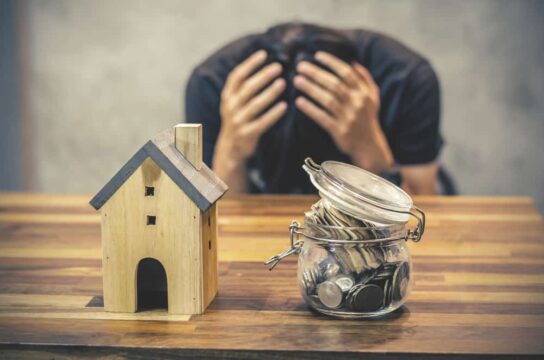Before you say “I do” or sign that mortgage, consider this: both decisions could raise your risk of bankruptcy.
Two recent studies paint a sobering picture for Americans chasing traditional milestones.
One report, published in the Journal of Academy of Business and Economics, finds that single people are 38% less likely to file for bankruptcy than their married peers. Even more striking: homeowners are five times more likely to go bankrupt than renters.
It doesn’t offer a clear explanation for the gap, but mounting debt could be a factor.
A separate study found that married people carry more than 120% more in total debt than singles, an average of $112,627 compared to $51,264.
Dual incomes don’t guarantee stability
Marriage does come with potential financial upsides. NYU marketing professor and author Scott Galloway has noted that the net worth of married couples increases by 77% more than that of their single counterparts. And according to credit bureau Experian, married people tend to have higher credit scores.
But not all the data is so reassuring.
A study published by the National Library of Medicine found that cohabiting adults are more likely to carry higher credit card debt than singles. Experian’s numbers support that trend: Married people hold an average credit card balance of $6,881, compared to $4,870 for singles. The gap widens even further with personal loans – married borrowers carry more than double the debt, averaging $18,799, compared to $9,314.
Homeownership compounds the issue. More than 60% of married couples own their homes, which means they’re more likely to shoulder not just mortgage debt but property taxes, insurance, and maintenance costs as well.
The risks of buying a home
Financial educator and bestselling author Ramit Sethi has long warned against glorifying homeownership. In his book I Will Teach You to Be Rich, he argues that a house is not an investment – it can be a liability loaded with what he calls “phantom costs.” These include rising mortgage rates, unpredictable repairs, and inflated property taxes.
With home prices at record highs and supply still tight, more Americans are stretching their budgets to buy and relying on credit to cover what’s left. LendingTree reports that 91% of homeowners carry a credit card balance, compared to 65% of renters. Homeowners also owe more on those cards, with an average balance exceeding $9,000, while renters owe less than $5,000.
While marriage and homeownership can offer emotional and social benefits, they’re not guaranteed financial wins. For many, they come with mounting debt, shrinking savings, and rising financial anxiety.
In today’s economy, traditional milestones may require a second look and a solid financial plan that doesn’t depend on outdated assumptions about wealth and security.












